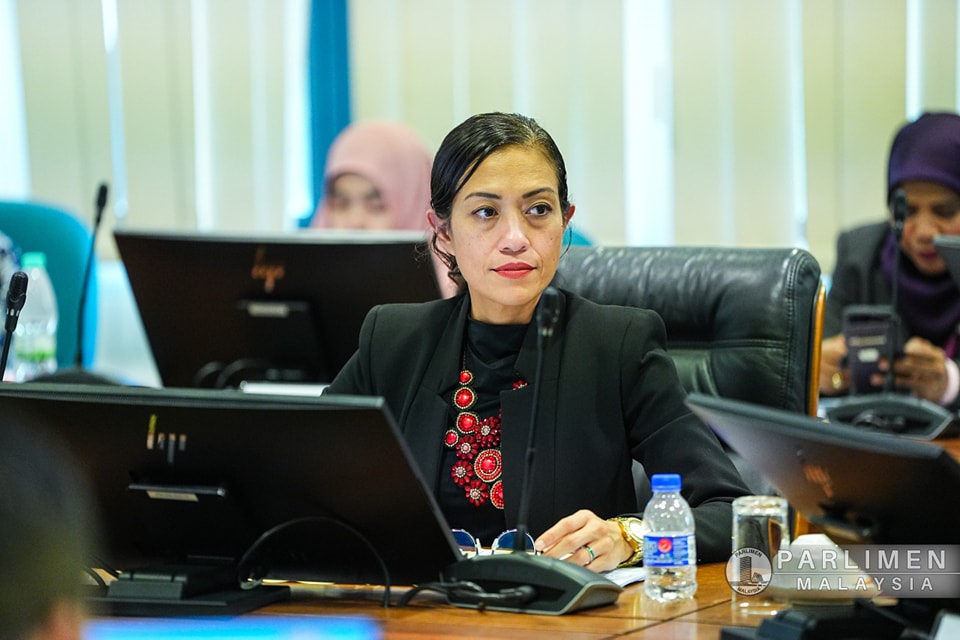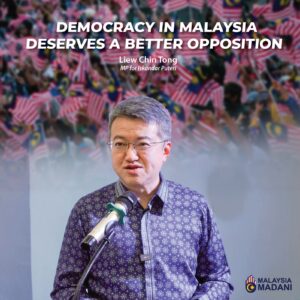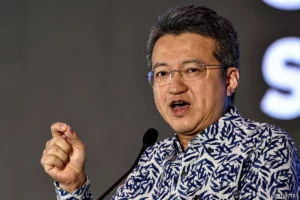
Malaysia’s recent jump in the 2025 World Competitiveness Ranking—from 34th to 23rd place—is a significant achievement. It shows that the work being done to improve our economy, government services, and business environment is starting to pay off. But more importantly, it shows that Malaysia is becoming more competitive in today’s fast-changing world—and that benefits all of us.
The ranking, released by the International Institute for Management Development (IMD), looks at how well countries manage their economies. It focuses on four main areas: economic performance, government efficiency, business efficiency, and infrastructure. Malaysia improved in all four. We even ranked 4th in the world for economic performance—up from 8th last year.
This is indeed encouraging news because this means that Malaysia is becoming a more attractive place to invest which can also create more jobs. But the ranking is not just about impressing the outside world. What matters most is how these improvements translate into real opportunities for ordinary Malaysians.
When Malaysia becomes more competitive, more investors—both local and international—start to take interest in our economy. And when investors set up factories, offices, or service centres here, they bring jobs, training, and income to our people.
Take Penang, for example. The state has seen steady growth in high-tech manufacturing, especially in electronics. This has created new jobs not just for engineers, but for technicians, admin staff, delivery services, and food vendors. More companies are also expanding in Kedah, Johor, and Sabah, proving that better economic performance can have a positive impact across different regions.
In short, a stronger economy opens more doors for Malaysians to earn a decent living and gain new skills. If we stay on this path, we can reduce unemployment, raise wages, and give more young people a chance to succeed.
This improvement didn’t happen by accident. Over the past two years, there has been a stronger push for reforms to fix issues that have held Malaysia back. Ministries have started working more closely together. The National Competitiveness Council (JKDSN), led by the Ministry of Investment, Trade and Industry and the Ministry of Finance, has helped bring focus and coordination to these efforts.
At the same time, the Special Taskforce to Facilitate Business (STAR) and the Bureaucratic Reform programmes have helped cut red tape. These efforts make it easier for businesses to deal with government processes—such as applying for licences or getting approvals. A simpler, faster system builds confidence and makes Malaysia more attractive to investors.
That said, we still have more work to do. Improving our global ranking is a good step, but we must stay focused on long-term goals like strengthening education, closing the digital gap, and making sure growth benefits everyone.
Being more competitive also means being more inclusive. That means making sure rural communities have better Internet access, students in underfunded schools receive the support they need, and small businesses can grow alongside large multinational corporations.
For example, a young entrepreneur in Kelantan or Sarawak should have the same access to funding and digital tools as someone in KL or Penang. If we want a truly competitive country, we need to build from the ground up and make sure every Malaysian has a fair chance to succeed.
As a Member of Parliament, I believe it is our responsibility not just to support these efforts—but to ask tough questions, monitor results, and make sure the reforms we talk about are actually happening. That includes checking whether ministries are meeting their performance targets, whether communities are seeing improvements, and whether public money is being used responsibly.
This is also a chance to rethink how we communicate reforms to the public. Economic progress should not be seen as something only experts or ministers understand. Everyone deserves to know how policies affect their lives and how they can participate in shaping Malaysia’s future.
Malaysia’s goal is to be among the world’s top 12 most competitive countries by 2033. That’s ambitious—but not impossible. We’ve proven that with good planning, steady leadership, and public support, we can move forward faster than many expected.
This latest ranking gives us momentum. Now we need to keep it going—by staying focused on results, being honest about what still needs fixing, and remembering that economic progress must always serve the people, not just the markets.
SYERLEENA ABDUL RASHID
MEMBER OF PARLIAMENT FOR BUKIT BENDERA



